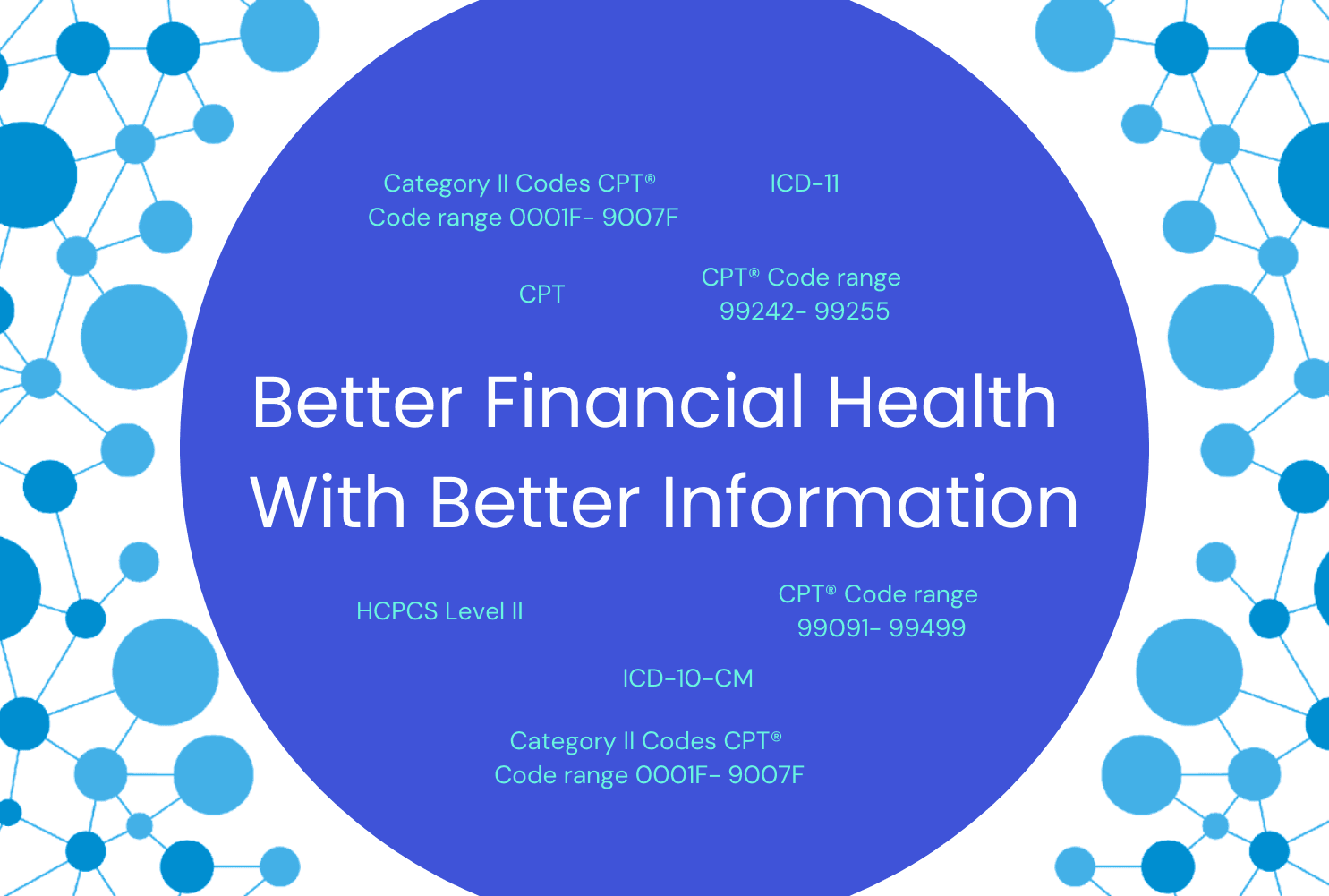Mastering Medical Billing: Essential Tips for Adapting to Changes in 2024

Navigating changes in medical billing can be challenging, especially with the healthcare landscape constantly evolving. Whether these changes are due to policy updates, technological advancements, or shifts in insurance practices, understanding how to manage them is crucial. Here are some strategies to help you navigate changes in medical billing effectively:
1. Stay Informed
Follow Healthcare News: Keep up with the latest developments in healthcare legislation and insurance policies that could affect medical billing.
Educate Yourself: Utilize resources from healthcare providers, insurance companies, and government websites to understand new billing practices and terminologies.
2. Understand Your Insurance Coverage
Review Your Policy: Regularly review your health insurance policy to understand what is covered and what your financial responsibilities are.
Ask Questions: If you receive a bill that's unclear or seems incorrect, don't hesitate to contact your insurance provider for clarification.
3. Keep Accurate Records
Document Everything: Keep detailed records of all healthcare services you receive, including dates of service, the types of services provided, and the names of the healthcare providers.
Save Receipts and Bills: Retain all healthcare receipts and bills. They can be crucial for cross-referencing and verifying charges.
4. Review Your Medical Bills Carefully
Check for Errors: Always review your medical bills for any discrepancies or errors. Look for overcharges, services you didn’t receive, or incorrect patient information.
Understand Itemized Bills: Request itemized bills from your healthcare providers and review each charge. This can help identify any potential mistakes or misunderstandings.
5. Know Your Rights and Resources
Patient Rights: Familiarize yourself with your rights as a patient, including the right to an accurate and timely bill and the right to appeal charges or insurance decisions.
Seek Assistance: If you're having trouble understanding your bills or rights, consider seeking help from a medical billing advocate or a patient rights group.
6. Be Proactive with Healthcare Providers
Direct Communication: Communicate directly with your healthcare providers about billing practices. Ask them to explain any changes and how they might affect you.
Negotiate Payment Plans: If you're facing high medical bills, talk to your healthcare provider about setting up a payment plan that works for your financial situation.
7. Utilize Technology
Online Tools and Apps: Use online tools and apps provided by healthcare providers or insurers. These can help track medical expenses, payments, and insurance claims.
8. Prepare for Future Changes
Stay Flexible: The healthcare industry is dynamic, so be prepared for ongoing changes. Keeping a flexible mindset can help you adapt more easily.
Continuous Learning: Engage in continuous learning about healthcare management, including attending workshops, webinars, or community classes.
Conclusion
Navigating changes in medical billing requires a proactive approach, attention to detail, and a willingness to seek information and assistance. By staying informed, understanding your insurance coverage, and actively managing your healthcare finances, you can effectively handle the complexities of modern medical billing. Remember, you are an integral part of your healthcare team, and understanding the financial aspect is key to managing your health and well-being.


Not convinced you love us. We love a challenge.
Your satisfaction is guaranteed. Learn more about our Refund Policy.













